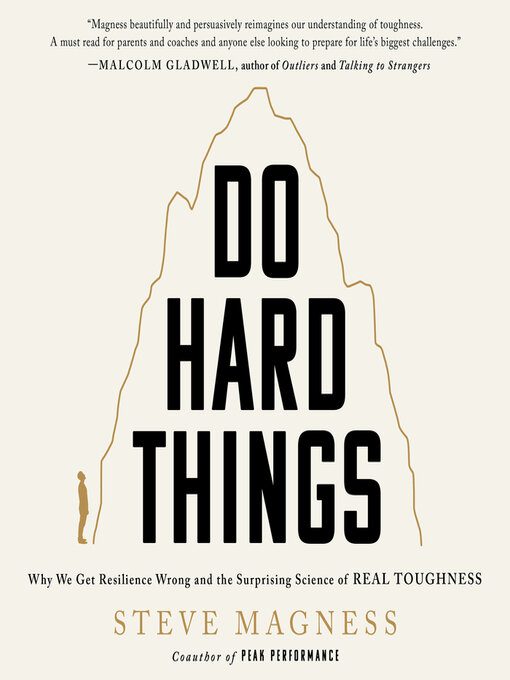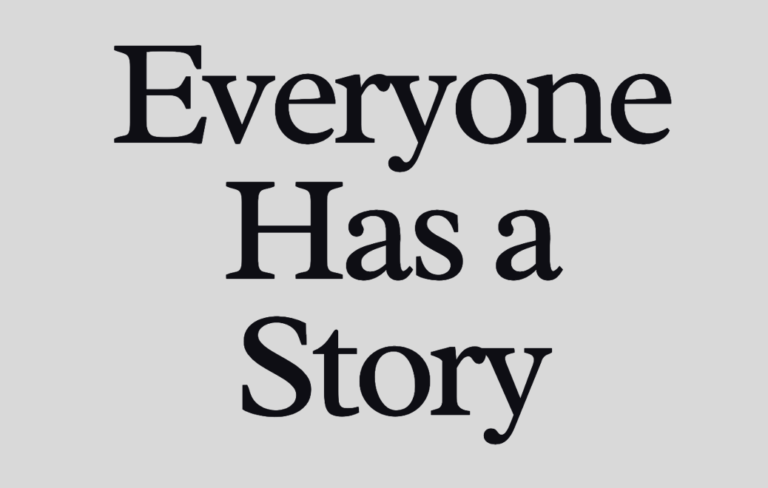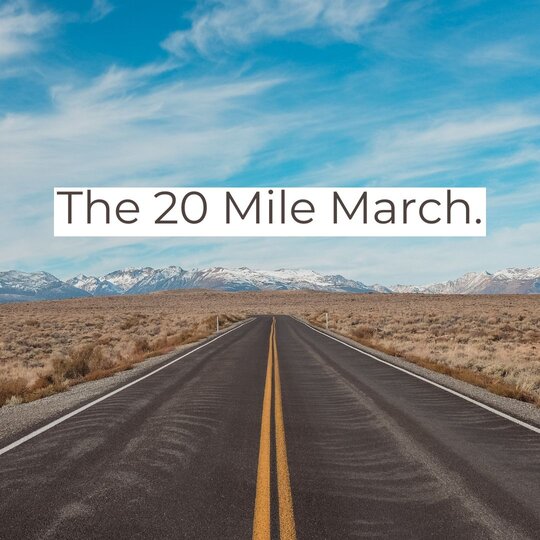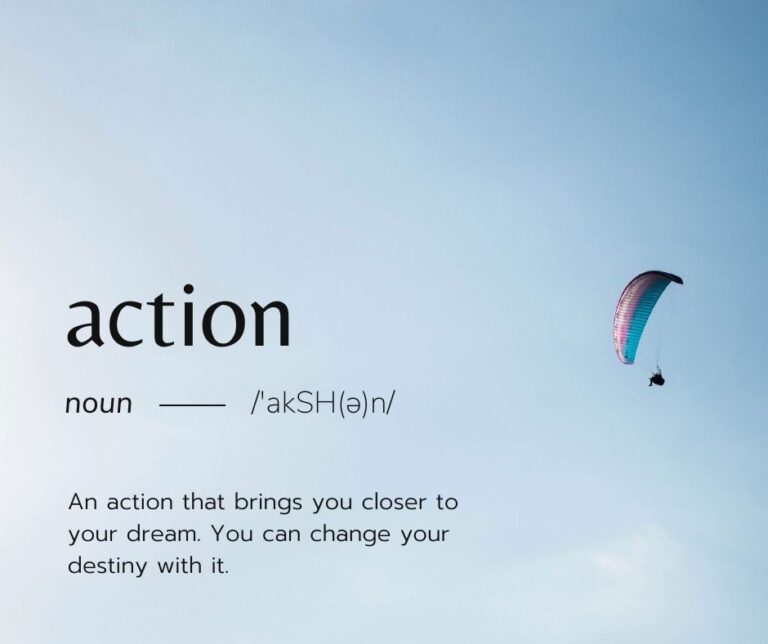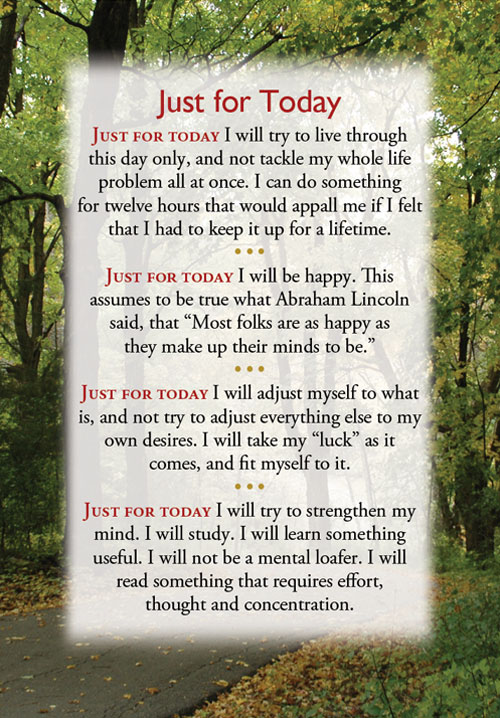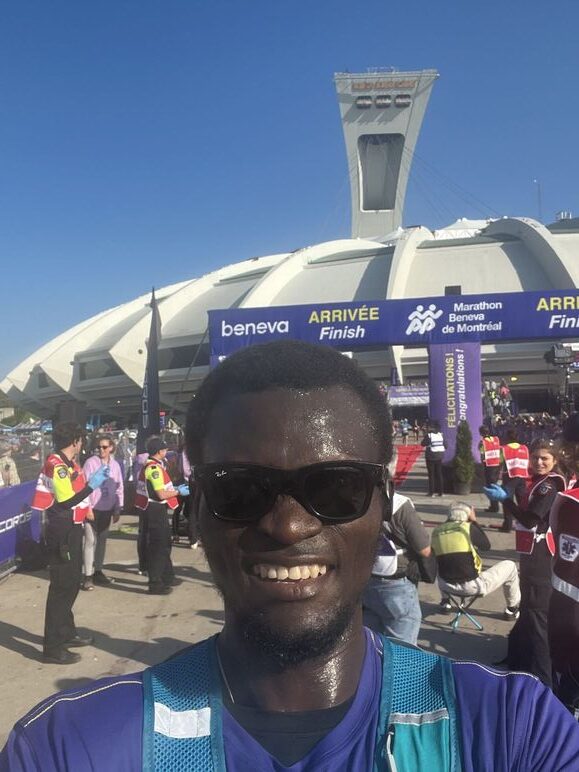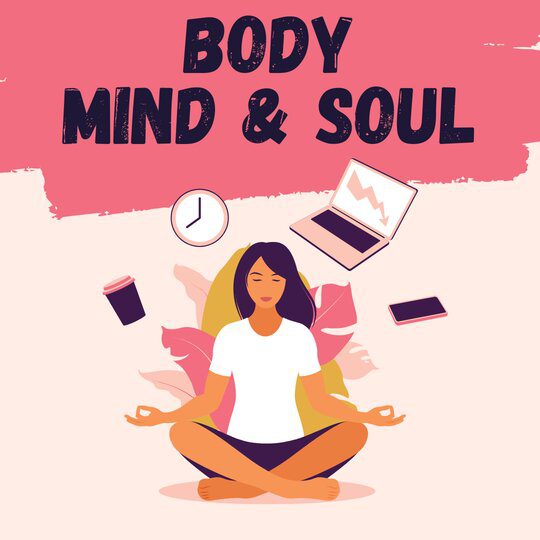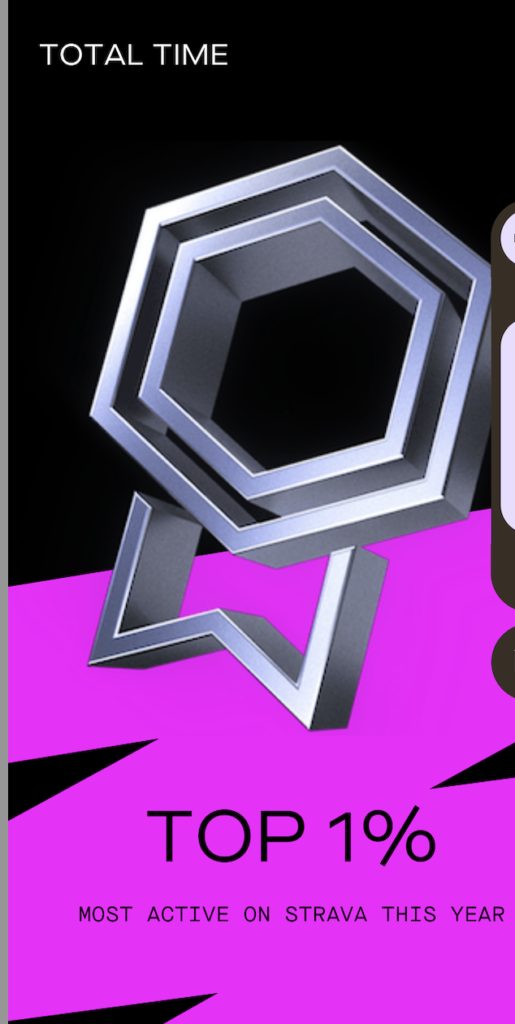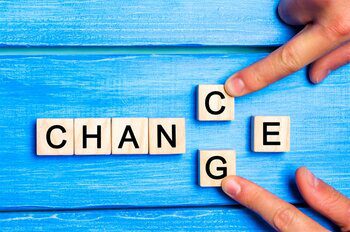Life will throw different situations, circumstances, trials, and tribulations at us all at some point. It is not a matter of if; it is a matter of when. These challenges can be overwhelming at times and even debilitating. You wonder why this is happening to you, and sometimes, when things want to go wrong, they go wrong concurrently. You lose a parent, lose a job, and get separated + divorced all at a time. The rollercoaster of emotions one goes through when the vicissitudes of life come visiting can be overwhelming and burdensome. The key to navigating life’s inevitable challenges is to “Feel the feel, then take the wheel,” as American media entrepreneur Oprah Winfrey often remarks.
Life is like being at the dentist. You always think that the worst is still to come, and yet it is over already. – Otto von Bismarck
Motivational Speaker Les Brown often said, “If You Do What is Easy, Your Life Will Be Hard. But if You Do What is Hard, Your Life Will Be Easy.” Life is a rollercoaster of hardship and suffering, in which we can derive meaning by paying attention to what is happening. Whatever will eventually go wrong in life and in the least expected time. The key is not to go wrong when things eventually go wrong. Life can be challenging at times, and the winter of life can become cold when one does not have the appropriate clothing. The Scandinavians have a great saying: “There is no bad weather; we have only inappropriate clothing.” Life will get tough at some point, and we have two choices. Either to become bitter or better, let the situation lessen us or learn the lessons that the situation has come to teach us.
One of the most essential goal-achieving strategies I have implemented in the past two years is streaking. Streaks can be referred to as tracking one’s goal and objective. There are different ways to measure a streak, such as marking it on a calendar or using an application to track your progress. By achieving a streak on a set goal, one develops self-confidence and a renewed belief in one’s capacity to achieve the set goals. As the ancient Greek philosopher Aristotle once said, “We are what we repeatedly do; excellence then is not an act but a habit.”
The past year has been a year of streaks as I consistently executed some of my goals while some were not relentlessly followed through. But the lesson learned from streaking is that: “How you do one thing is how you do everything.” The same consistency required to meditate consistently for two years non-stop is the same consistency that is necessary to create a writing streak. As my favourite nursery rhyme goes: “Good better best, never let it rest until good is better and better is best.” I am obsessed with becoming a better version of myself through self-improvement, personal growth and spiritual awakening.
We all have a preferred choice of drug that makes us feel good and get the dopamine rush that we often desire. Our drug may be mindless, scrolling our social media feed, exercising, TV bingeing, pornography, sex, gambling, compulsive spending, etc. We all have our addictions, compulsions, obsessions and drugs; the key is to choose our obsessions wisely and use them in moderation. As Samuel Jackson once said, “The chains of habit are too weak to be felt until they are too strong to be broken.” We live in a world where it is easy to access our choice of drugs, from online pornography to online betting platforms to sex escort sites; getting a dose of our preferred drug is just a click away. With much power comes great responsibility. Choose your drugs wisely and use them in moderation.
“Sow a thought and you reap an action; sow an act and you reap a habit; sow a habit and you reap a character; sow a character and you reap a destiny.”― Ralph Waldo Emerson
I started meditating during the COVID-19 pandemic lockdown after watching a Lebron James advertisement on YouTube. I signed up for the Calm mindfulness app afterwards. I started with the Train Your Mind with LeBron James’s calm session, and it was so good I had to get the premium version. I struggled to stay consistent at the start of my meditation journey, but I eventually got into a groove with time. I was dealing with a lot of changes, chaos and challenging moments, such as losing my mum and getting laid off during the pandemic. It was an extremely tough period, and anxiety was an emotion that was reoccurring during that moment in time.
The word Sonder was coined by John Koenig in 2012 as part of his project, The Dictionary of Obscure Sorrows, which aims to define neologisms for emotions that do not have descriptive terms. Sonder n. the realization that each random passerby is living a life as vivid and complex as your own—populated with their own ambitions, friends, routines, worries and inherited craziness—an epic story that continues invisibly around you like an anthill sprawling deep underground, with elaborate passageways to thousands of other lives that you’ll never know existed, in which you might appear only once, as an extra sipping coffee in the background, as a blur of traffic passing on the highway, as a lighted window at dusk.
The 20 Mile March is a concept popularized by author Jim Collins in his book, Great by Choice: Uncertainty, Chaos, and Luck–Why Some Thrive Despite Them All. Collins remarked that enterprises that prevail in turbulence self-impose a rigorous performance mark to hit consistently—like hiking across the United States by marching at least 20 miles daily. The march imposes order amidst disorder, discipline amidst chaos, and consistency amidst uncertainty. The 20-mile march works only if you hit your march year after year; if you set a 20-mile march and then fail to achieve it, you may well get crushed by events.
“In the beginner’s mind there are many possibilities, in the expert’s mind there are few.” – Shunryu Suzuki
“Ancora Imparo” is an Italian phrase that means “Yet, I am learning.” The phrase is often attributed to Italian sculptor, painter, architect, and Renaissance man Michelangelo di Lodovico Buonarroti Simoni (Michelangelo). He is said to have made the statement when he was 87 while working on St. Peter’s Basilica. For most of us, we let our schooling interfere with our education; we do not heed the sage words of Mark Twain, who advised, “Do not let your schooling interfere with your education.” We often equate formal schooling with the end of our education. Schooling is for a certain period, but education is a lifelong pursuit that never ends.
Many twelve-step programs, which are mutual aid initiatives that support recovery from substance and behavioural addictions, have a set of meditation for participants. One such meditation is the “Just for Today,” where addicts are compelled to make progress just for today. There are various versions of the prayer/meditation, but the common theme is the importance of making daily progress toward recovery. As anyone who has battled with addiction can testify, stopping a bad habit can be extremely hard, whether it is social media, pornography, compulsive eating, gossiping or time wasting. The key to changing any behaviour or compulsion is just to do it today, conquer many days and with time, you will slay the compulsion dragon.
Just for today: I will try to live through this day only, and not tackle all my problems at once. I can do something for twelve hours that would appall me if I felt I had to keep it up for a lifetime.
“Just for Today” is one of the strategies used by many twelve-step programs. Twelve-step programs are mutual aid programs which support recovery from substance, and behavioral addictions. The Twelve-step method is a roadmap for those seeking recovery from addictions such as alcoholism, drugs, sex, pornography, eating disorders, codependency, relationship problems, smoking, debt, work, gambling, spending, and technology addiction etc. “Just for Today” is a set of daily meditations, and reflections for people dealing with various addiction and it meant for them to focus on their recovery one day at a time.
“The more you sweat in peace, the less you bleed in war.”
Sweat is the fluid secreted by sweat glands in our skin, and it is our body’s natural cooling mechanism. We sweat when our body temperature rises from exercise, hormonal shifts, heat, nervousness or stress. Sweat keeps our body’s internal temperature at about 98.6°F (37°C). Sweating is a form of thermoregulation, the ability of an organism to keep its body temperature within certain boundaries, even when the surrounding temperature is very different. In humans, we achieve this thermoregulatory function through fluid secretion by the eccrine glands. Sweat is our skin’s mechanism for preventing overheating and increasing blood circulation.
“If we treat people as if they were what they ought to be, we help them become what they are capable of becoming.” – Goethe
In Latin, alter ego literally means “second I”. An alter ego can be thought of as a person’s clone or second self. A professional alter ego might be a trusted aide who knows exactly what the boss wants done. A personal alter ego might be a close friend who is almost like a twin. Alter ego can also refer to the second, hidden side of one’s own self. In Robert Louis Stevenson’s classic The Strange Case of Doctor Jekyll and Mr. Hyde, Dr. Jekyll is a good-hearted, honorable man; but after taking a potion, his alter ego, the loathsome and diabolical Mr. Hyde, takes over his personality. 1
We are living longer as a species as the average life expectancy has increased considerably over the years. In 1900, the average life expectancy of a newborn was 32 years. By 2021, this had more than doubled to 71 years. 1 According to the World Health Organization (WHO), Health is a state of complete physical, mental, and social well-being and not merely the absence of disease or infirmity. Lifespan is the duration of existence of an individual, the average length of life of a kind of organism or of a material object, especially in a particular environment or under specified circumstances, while Healthspan is the length of time that the person is healthy—not just alive. 2 Healthspan is the period of life spent in good health, free from the chronic diseases and disabilities of aging. 3
‘You can’t do anything about the length of your life, but you can do something about its width and depth.’ – H. L. Mencken
We cannot control the length of our lives, which is somewhat predetermined by our lifespan, but we can do something about our healthspan by making decisions that would make us live a healthy life. As author and motivational speaker Jim Rohn often said, “Life is the struggle to keep death at a respectable distance. Death wants to move in prematurely. Life’s job is to keep pushing back! For most of us, we live our young adulthood striving for wealth while we use our old age using that same wealth to care for our health. By optimizing for one’s health, one has a fighting chance for old age not to be as stressful as usual.
Success is nothing more than a few simple disciplines, practiced every day; while failure is simply a few errors in judgment, repeated every day. – Jim Rohn
One of the significant hallmarks of the highly successful in any profession, sport, field or sector is their ability to go the extra mile. They understand what it takes to go to the next level, from good to great. First, you must stay consistent with the process and then get intense with the relentless pursuit of your goals and objectives. As the American author and motivational speaker often said: “Success is nothing more than a few simple disciplines, practiced every day; while failure is simply a few errors in judgment, repeated every day. It is the accumulative weight of our disciplines and our judgments that leads us to either fortune or failure. Failure is not a single, cataclysmic event. We do not fail overnight. Failure is the inevitable result of an accumulation of poor thinking and poor choices.” Success is never an accident, and failure doesn’t just happen overnight; both occur due to our efforts day in and day out. Your input determines your output to get what you have never gotten; you’ve got to do what you have never done.
‘We don’t rise to the level of our expectations, we fall to the level of our training.’ – Archilochus
If you change the way you look at things, the things you look at change. – Dr. Wayne Dyer
Once upon a time, a group of villagers instructed their young shepherd, “When you see a wolf, cry wolf, and we’ll come with guns and pitchforks. The next day, the boy was tending his sheep when he saw a lion in the distance. He cried out, “Lion, lion!” But no one came. The lion killed several sheep. The shepherd boy was distraught. “Why didn’t you come when I called?” he asked the villagers. There are no lions in this part of the country,” the older men replied. “The wolves are what you have to look out for. The young shepherd learned a valuable lesson: People respond to what they are prepared to believe. And what prepares them for what they believe is their experience. 1
We don’t choose all of our life experiences; that was especially true when we were children. But we do choose many of the ones we have now. We choose who we marry. We choose our jobs. We choose where to take a vacation, whether to exercise, and what we learn. And people who have a particularly difficult background decide whether to pursue experiences that will improve how they live and think. We can’t undo our past experiences, but we can reprogram ourselves using new ones.

